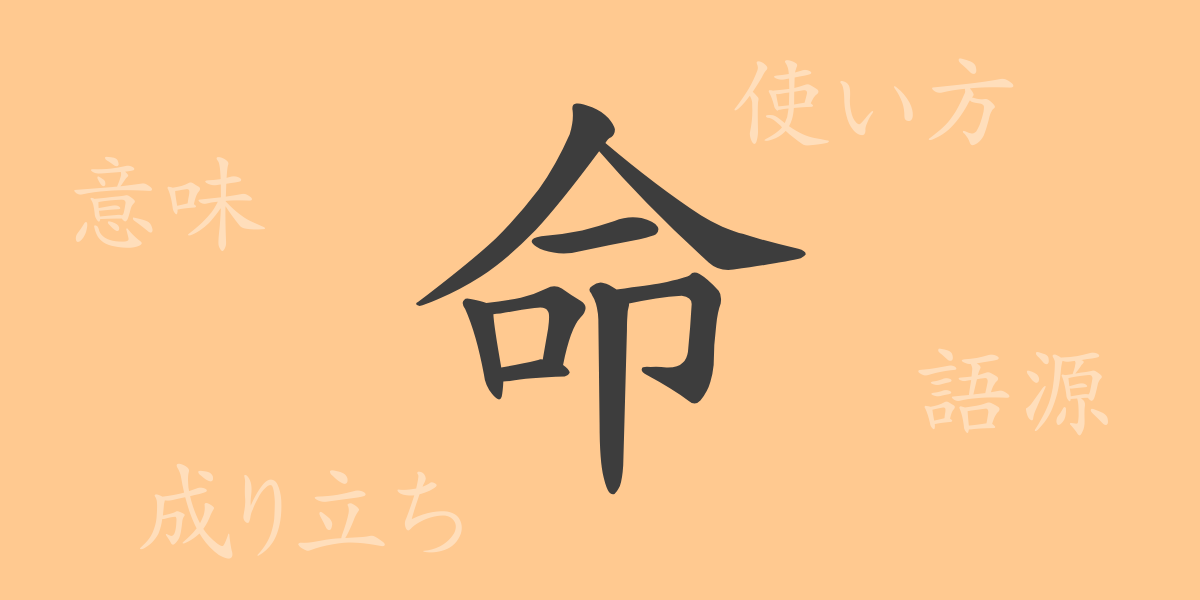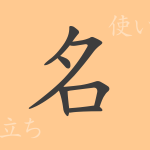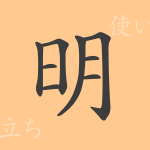Life (いのち, inochi). It is one of the most important things for humans. The commonly used Japanese kanji (漢字, kanji) “命” (いのち, inochi) goes beyond just the state of being alive; it represents a significant concept in culture, philosophy, and ethics. In this article, we delve into the profound meaning of the character “命” (いのち, inochi), explore its usage, and examine idioms and proverbs rooted in Japanese daily life. By understanding the essence of life (いのち, inochi), let us take the opportunity to reassess its value and dignity in our everyday lives.
The Origin of “命” (いのち, inochi)
The character “命” (いのち, inochi) originated in ancient China. In oracle bone script, it appeared as “令” (れい, rei), a combination of “口” (くち, kuchi), meaning words coming out of the mouth, and “令” (れい, rei), used to issue commands. Over time, this evolved into the character “命” (いのち, inochi). It transitioned from meaning a command to denoting a significant command that determines a person’s life or death, thus coming to signify “life” (生命, せいめい, seimei).
Meanings and Usage of “命” (いのち, inochi)
The character “命” (いのち, inochi) has multiple meanings. It is commonly used to mean “life” (生命, せいめい, seimei) or “vital force” (生きる力, いきるちから, ikiru chikara). Additionally, it is used in words indicating life milestones or fortune, such as “fate” (運命, うんめい, unmei) and “lifespan” (寿命, じゅみょう, jumyou). There is also an official usage meaning command or order. These usages vary depending on the context.
Reading, Stroke Count, and Radical of “命” (いのち, inochi)
The character “命” (いのち, inochi) has multiple readings, but the most common everyday reading is “いのち” (inochi).
- Readings: On’yomi (音読み, おんよみ) “メイ” (mei), “ミョウ” (myou); Kun’yomi (訓読み, くんよみ) “いのち” (inochi)
- Stroke count: 8 strokes
- Radical: 命 (いのちへん, inochihen)
Idioms, Expressions, and Proverbs Using “命” (いのち, inochi) and Their Meanings
There are many idioms, expressions, and proverbs that include “命” (いのち, inochi), highlighting its importance in the Japanese language. For example, “一命を取り留める” (いちめいをとりとめる, ichimei o toritomeru) means to survive a critical situation. “水の泡になる” (みずのあわになる, mizu no awa ni naru) signifies that efforts or expectations come to nothing. Additionally, “命を懸ける” (いのちをかける, inochi o kakeru) means to risk one’s life for a certain purpose. These expressions are used daily to convey the value and weight of life (いのち, inochi).
Summary of “命” (いのち, inochi)
The kanji (漢字, kanji) “命” (いのち, inochi) represents a highly significant concept for Japanese people. This character, with its diverse meanings such as the dignity of life (生命, せいめい, seimei), the uncertainty of fate (運命, うんめい, unmei), and values beyond life and death, is deeply rooted in our language and culture. How we treat, appreciate, and cherish “命” (いのち, inochi) in our daily lives varies from person to person. Through this article, we hope you gain a deep understanding of “命” (いのち, inochi) and appreciate the richness of the words surrounding it.

























